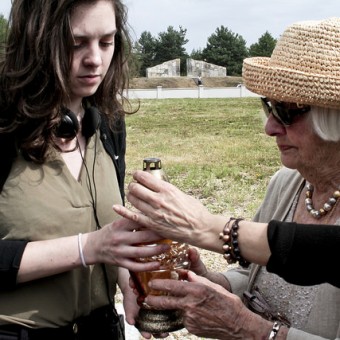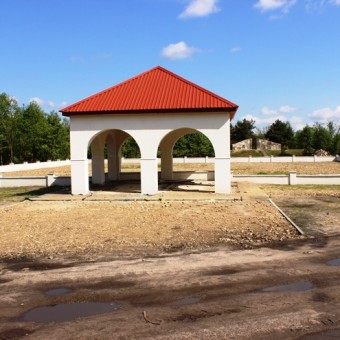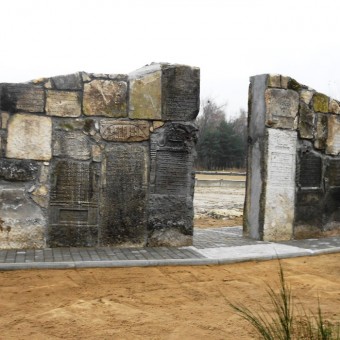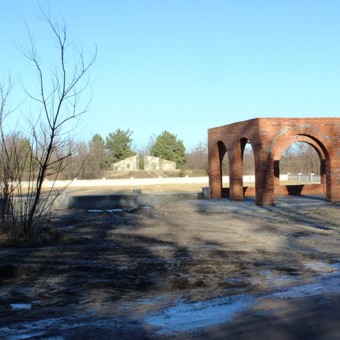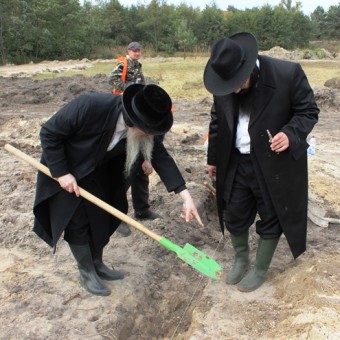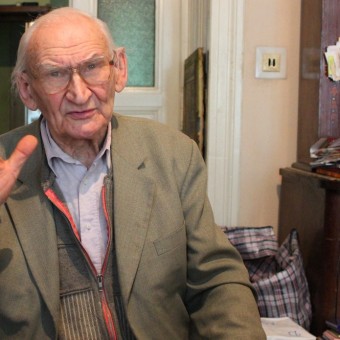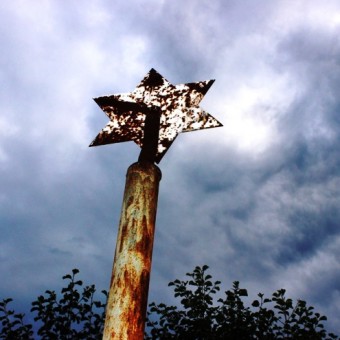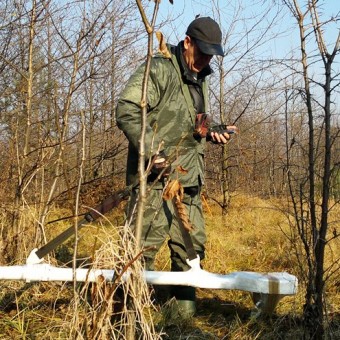“Rava-Ruska was a very Jewish town. And they all disappeared. There’s nobody left here,” said Ludwika Schein, whose parents and brothers were shot by the Germans. On the occasion of the dedication ceremony for the memorial, Mrs. Schein returned to Rava-Ruska after more than 70 years in order to remember the murdered members of her family.
